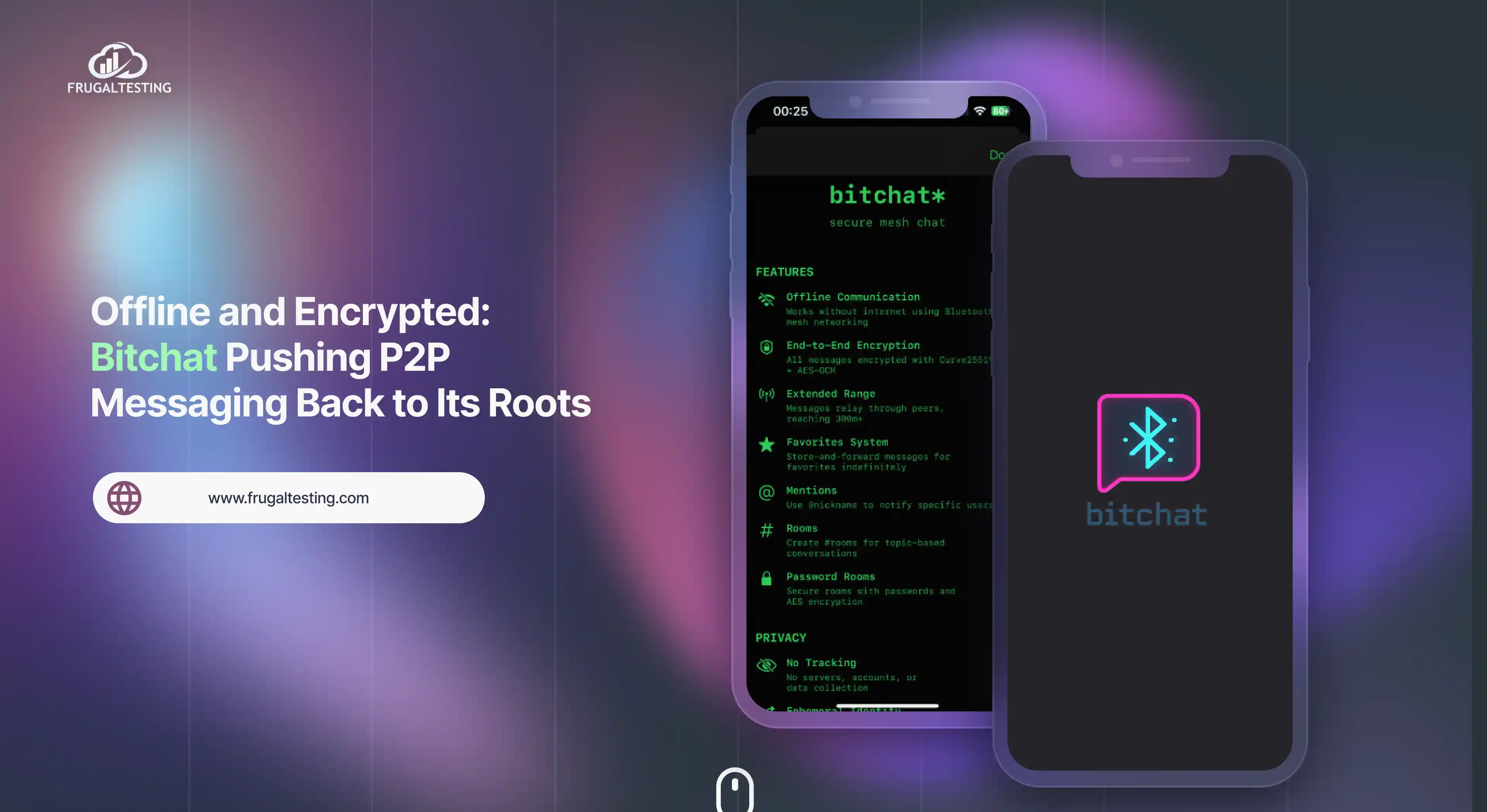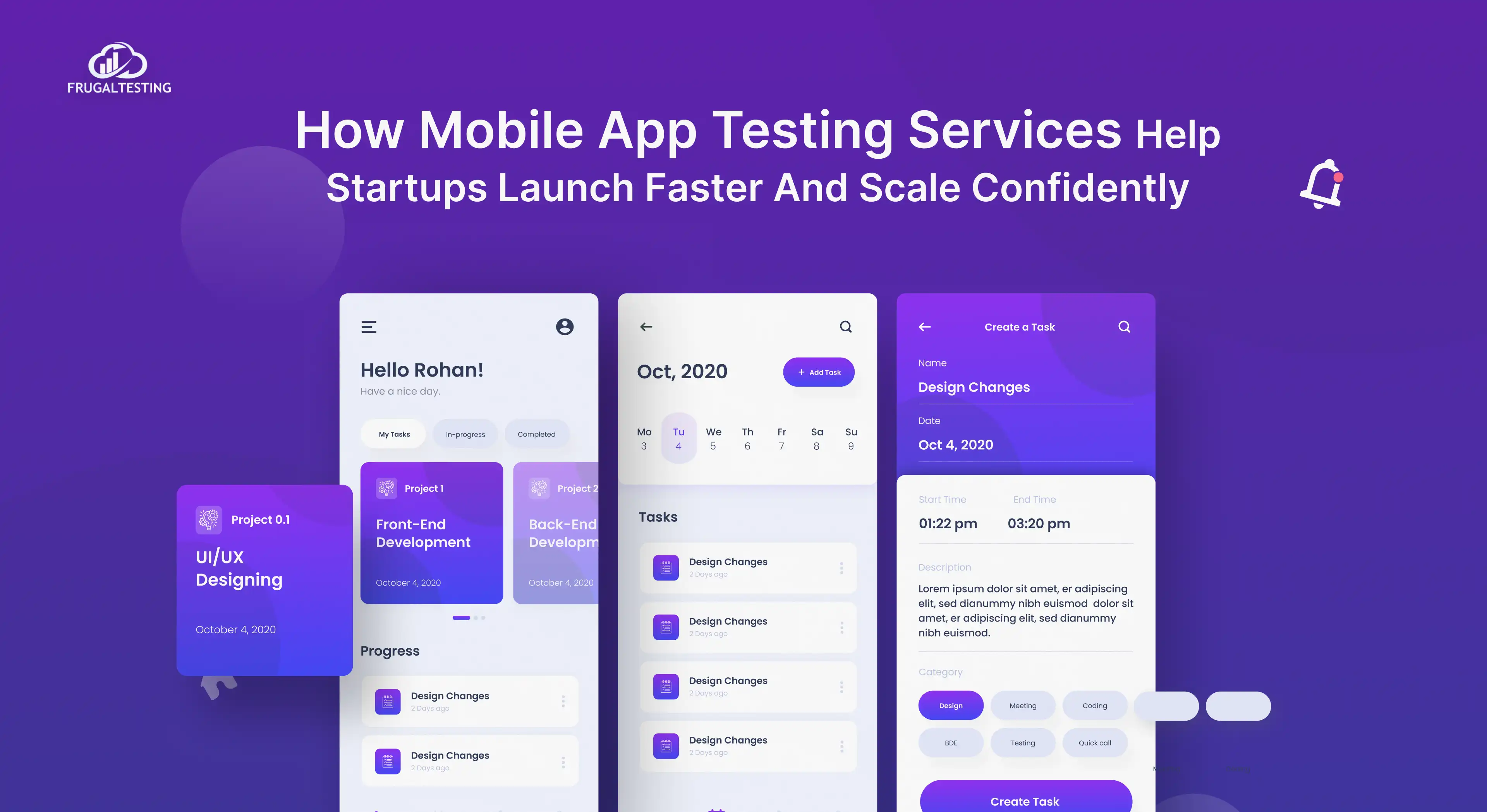🧠Incorporating AI into the software testing process reshapes how we generate test cases. Traditional manual testing methods are being enhanced by AI-driven testing tools, providing AI-driven insights that allow testers to focus on more strategic testing tasks. This transformation ensures more comprehensive test coverage, reducing manual testing efforts and enabling faster delivery of high-quality software.
With AI-powered testing tools, we are now automating the creation and execution of tests, leveraging intelligent algorithms to predict outcomes, analyze defects, and optimize the entire testing process.🚀
Key Points Covered:
- AI-Driven Test Case Generation⚡ - Fast, automated, and scalable.
- Real-Time Test Analysis 🔍 - Intelligent insights and predictive capabilities.
- Self-Healing Scripts 🤖 - Adapt test scripts automatically with minimal manual intervention.
- Enhanced Test Coverage 📈 - Cover edge cases and hard-to-reach areas.
- Combining Traditional Testing with AI 🔧 - Balance efficiency with human oversight.
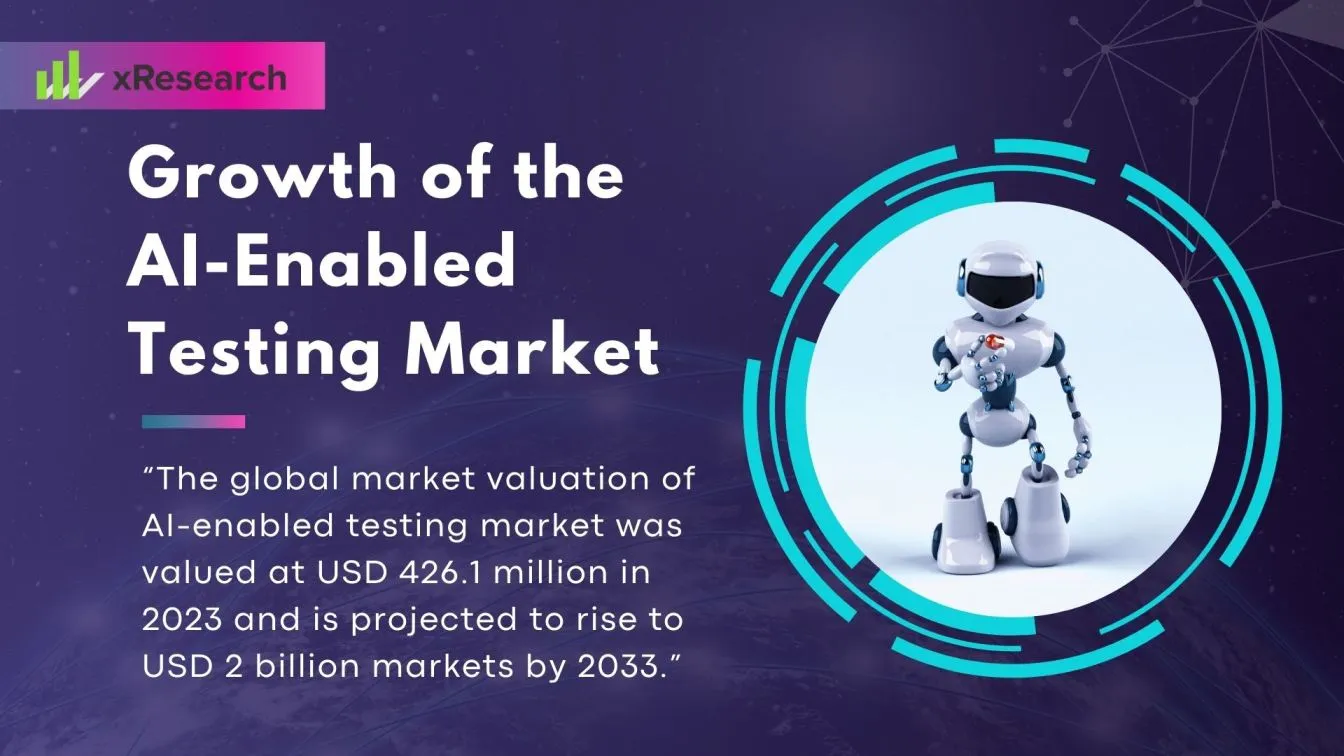
Combining Traditional Testing with AI-Based Tools
In the world of software testing, traditional testing has always been essential for ensuring product quality. Testers often follow scripted procedures, manually generating and executing test cases. While this approach works for smaller projects, it struggles to keep up with modern testing requirements, where applications are constantly evolving.
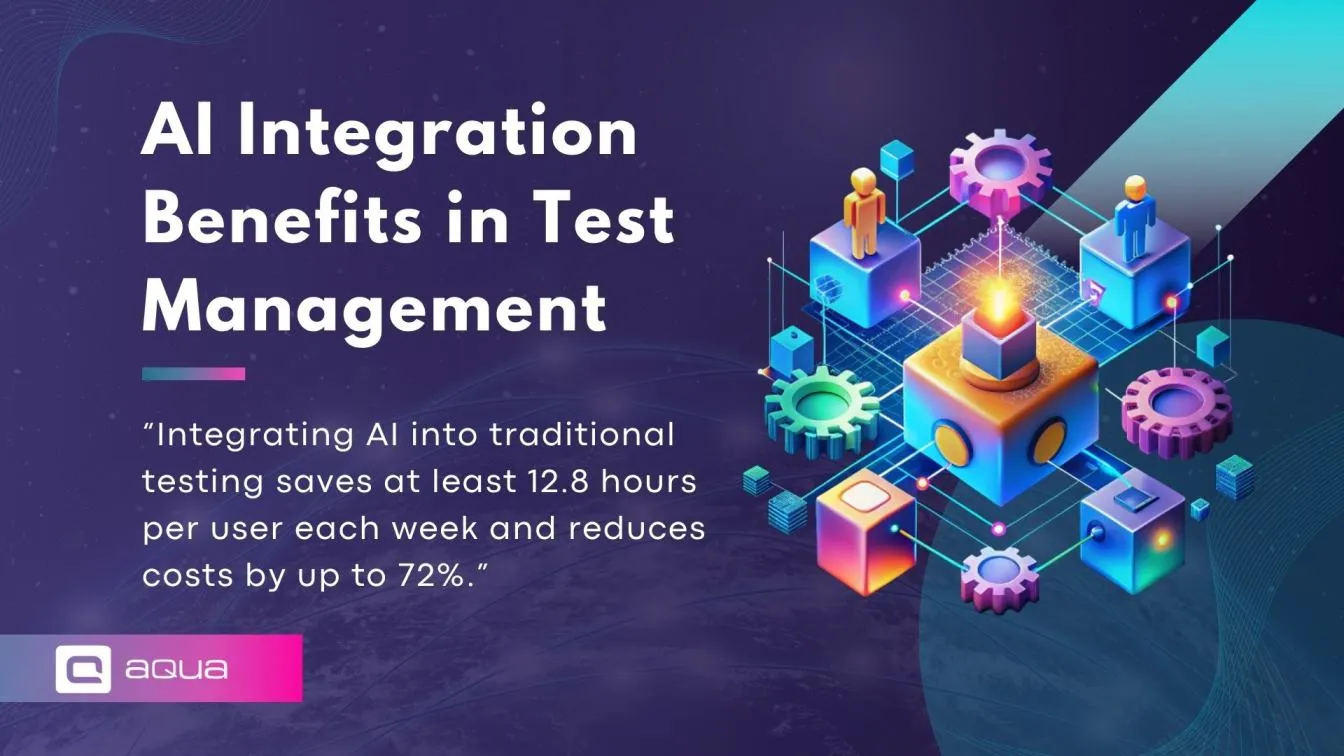
This is where AI integration into testing makes a significant difference. Rather than replacing traditional testing, AI complements it. Here’s how:
- Speed: AI-based testing tools automate repetitive tasks, allowing testers to focus on more critical issues.
- Coverage: AI can automatically generate tests that cover a wide range of application behavior, including edge cases and unusual interactions that manual testing might miss.
- Risk-based testing: AI can prioritize testing for high-risk areas using predictive models, ensuring that critical scenarios receive the most attention.
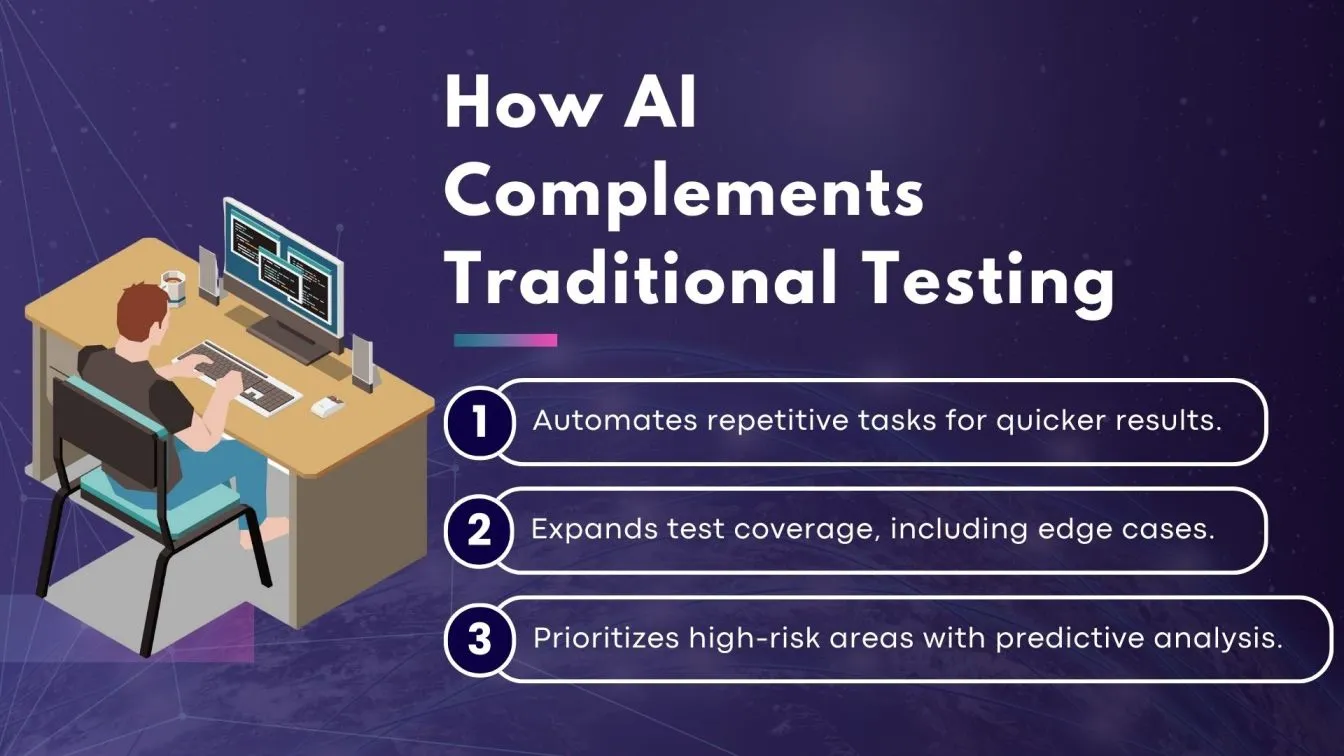
🤝 Combining traditional methods with AI allows testers to leverage the best of both worlds: the meticulousness of manual testing and the efficiency of automated AI-based testing solutions.
AI-Driven Auto-Generated Test Cases
Artificial intelligence in test case generation is changing how we approach software testing. Instead of spending hours crafting test scenarios, AI-based software testing tools analyze source code, bug reports, and user flows to generate accurate and relevant test cases automatically with a proactive approach. This automation speeds up the process and ensures that no critical issues are left untested.
AI-based automation testing tools can automatically generate new test cases using previous test results, user data, and other relevant inputs. By analyzing vast amounts of historical data, AI can identify patterns in application usage and behavior, allowing it to create targeted test cases for better-enhanced test coverage.
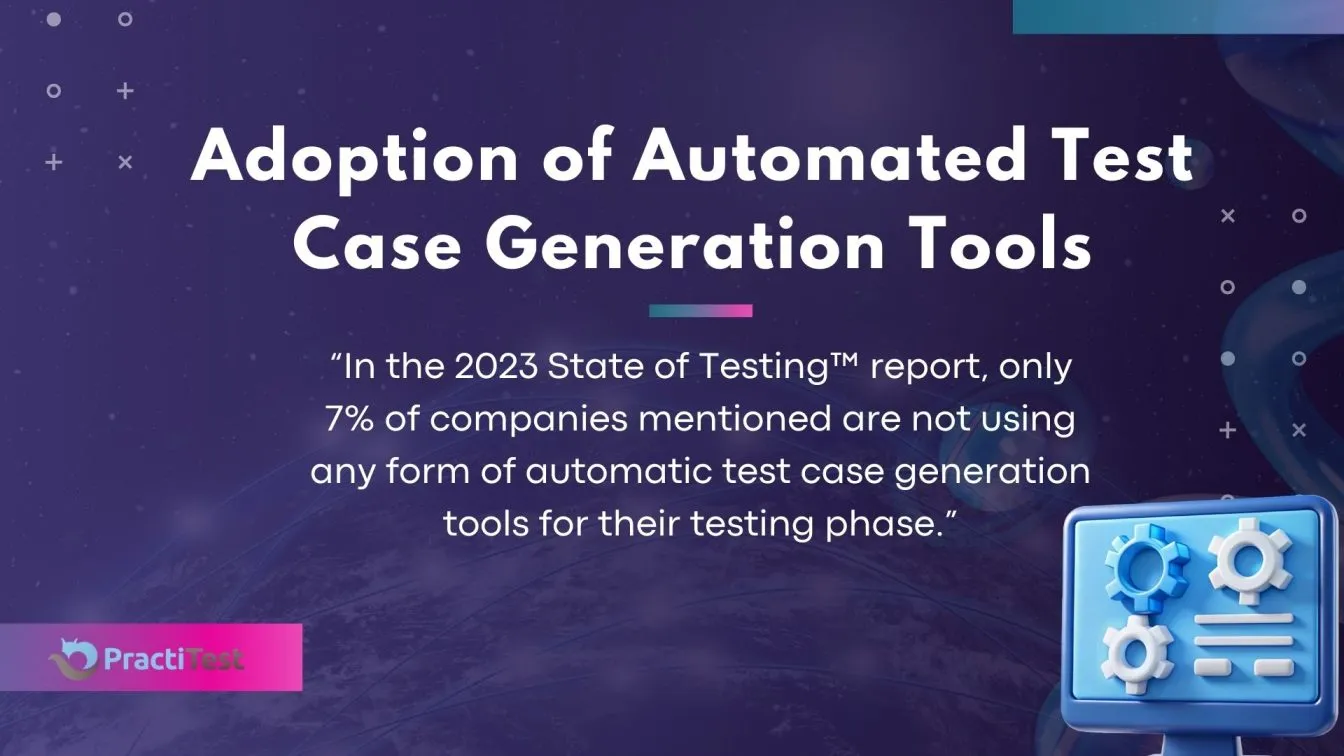
- Data analysis: some text
- AI examines past bug reports and usage patterns to identify high-risk areas, focusing on the application's most crucial aspects.
- Practical Example: some text
- Crash Prediction in Ride-Sharing Apps - AI analyzes historical app crash reports and user interaction data, identifying that crashes often occur when users switch between payment methods during peak hours. This insight helps focus writing test cases on those specific scenarios.
- Pattern recognition: some text
- AI studies previous test cases and defects to detect patterns, enabling the creation of highly targeted test cases.
- Practical Example: some text
- Customer Support Chatbots - AI identifies recurring patterns in chatbot interactions, like specific user queries that frequently cause the bot to fail. It then generates test cases targeting these common failure points, improving chatbot accuracy.
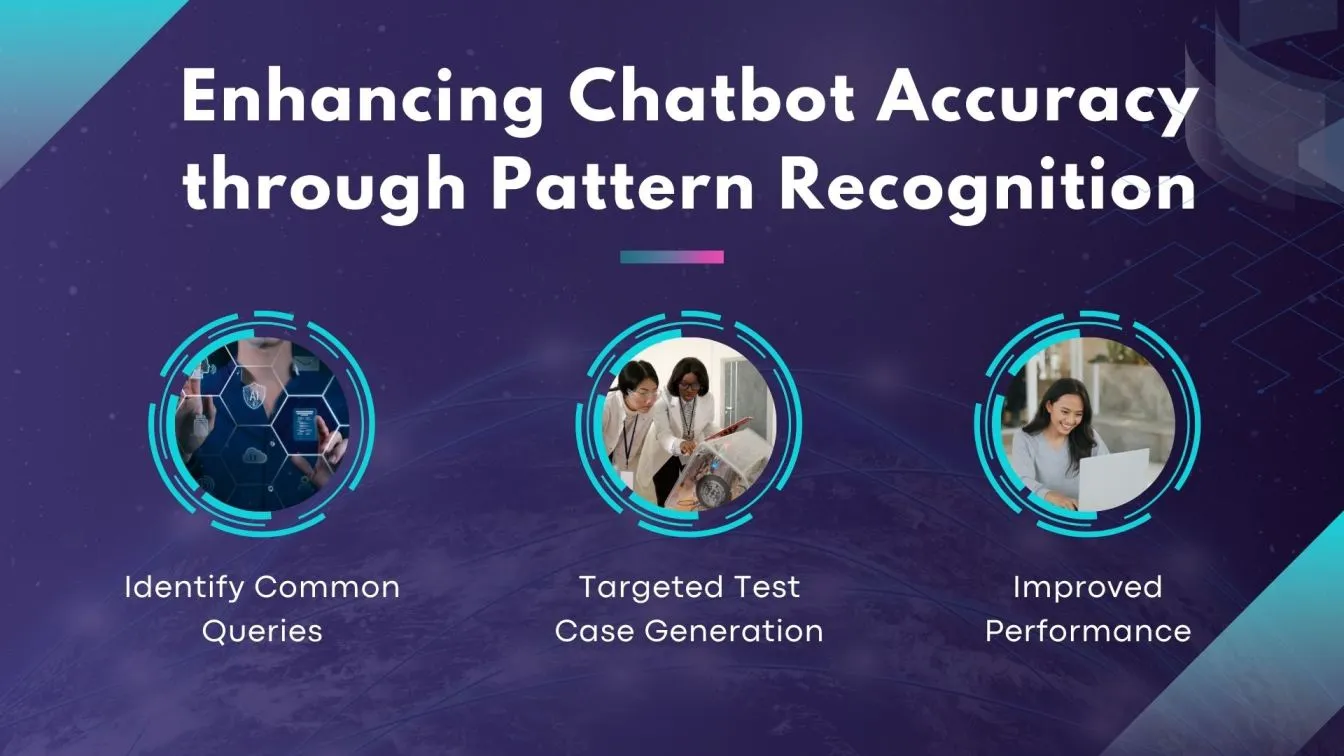
- Dynamic adjustment: some text
- AI continuously updates and refines test cases based on real-time feedback, allowing for ongoing optimization during the software development life cycle.
- Practical Example: some text
- Smart Home Systems - AI continuously adjusts test cases for a smart thermostat based on real-time data, such as fluctuating weather conditions and ser preferences, ensuring the system adapts smoothly to new patterns without manual intervention.
Key Benefits of AI-Generated Test Cases for Software Testing
AI-driven test case generation provides numerous benefits:
- Speed and Efficiency: AI can generate thousands of test cases in minutes, saving significant time compared to manual methods.
- Improved Accuracy: By eliminating human oversight and errors, AI ensures that test cases are accurate and cover more potential failure points.
- Scalability: AI can effortlessly scale test generation for both small and enterprise-level applications.
- Adaptive Testing: AI tools continuously learn and adjust to the evolving software requirements, generating test cases that adapt to new changes.
🎯 Efficiency and precision are AI's two most significant improvements to software testing services. It ensures that even the most complex tasks are tested with reduced time and higher coverage.
Challenges and Solutions in AI-Based Test Case Generation
While AI-generated testing offers many advantages, it’s not without its challenges:
- Complexity in Setup: AI-based systems can be challenging to configure, requiring expertise in both software testing and AI tools.some text
- ✅ Solution: Invest in training for your team or choose user-friendly AI tools with built-in support and tutorials.
- Data Quality: AI relies heavily on the quality of the data it’s trained on. Poor data can result in ineffective test cases.some text
- ✅ Solution: Ensure your historical data and bug reports are accurate and complete, as they form the basis of the AI-driven decision-making process.
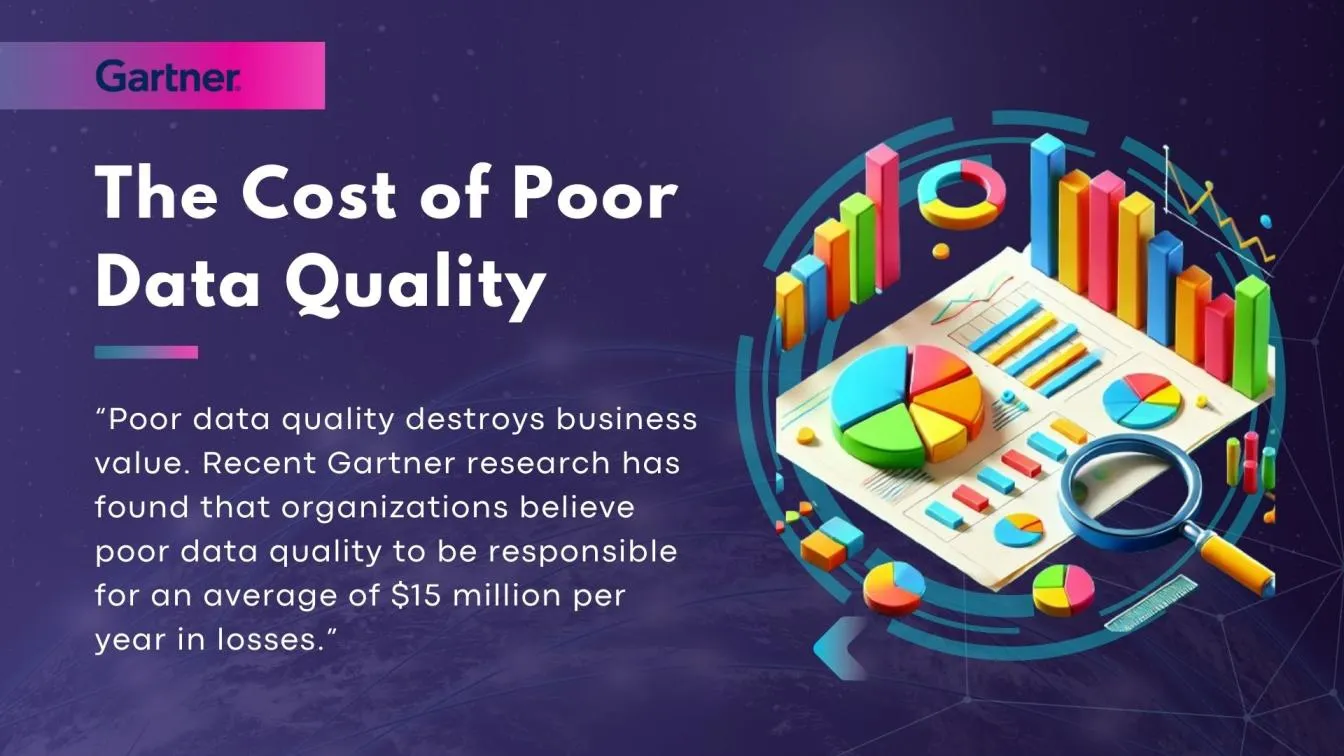
- Integration with Existing Systems: Integrating AI with traditional testing frameworks can be challenging without a robust setup.some text
- ✅ Solution: Select AI tools that are compatible with your current testing infrastructure or gradually implement AI to complement your existing processes.
AI-based test case generation offers exciting possibilities but comes with its complexities. However, with proper implementation, it can drastically enhance the speed, accuracy, and overall efficiency of your AI software testing automation strategy.
Automation Script Generator
When AI-generated test cases are ready, they must be converted into executable automation scripts. This process, traditionally manual, can be automated with AI-driven tools to enhance efficiency and accuracy.
How AI Converts Test Cases into Automation Scripts
🤖 AI examines the structure and logic of test cases, translating them into test scripts compatible with automation platforms like Selenium, Cypress, or Appium. This step reduces human error and the time required for coding scripts.
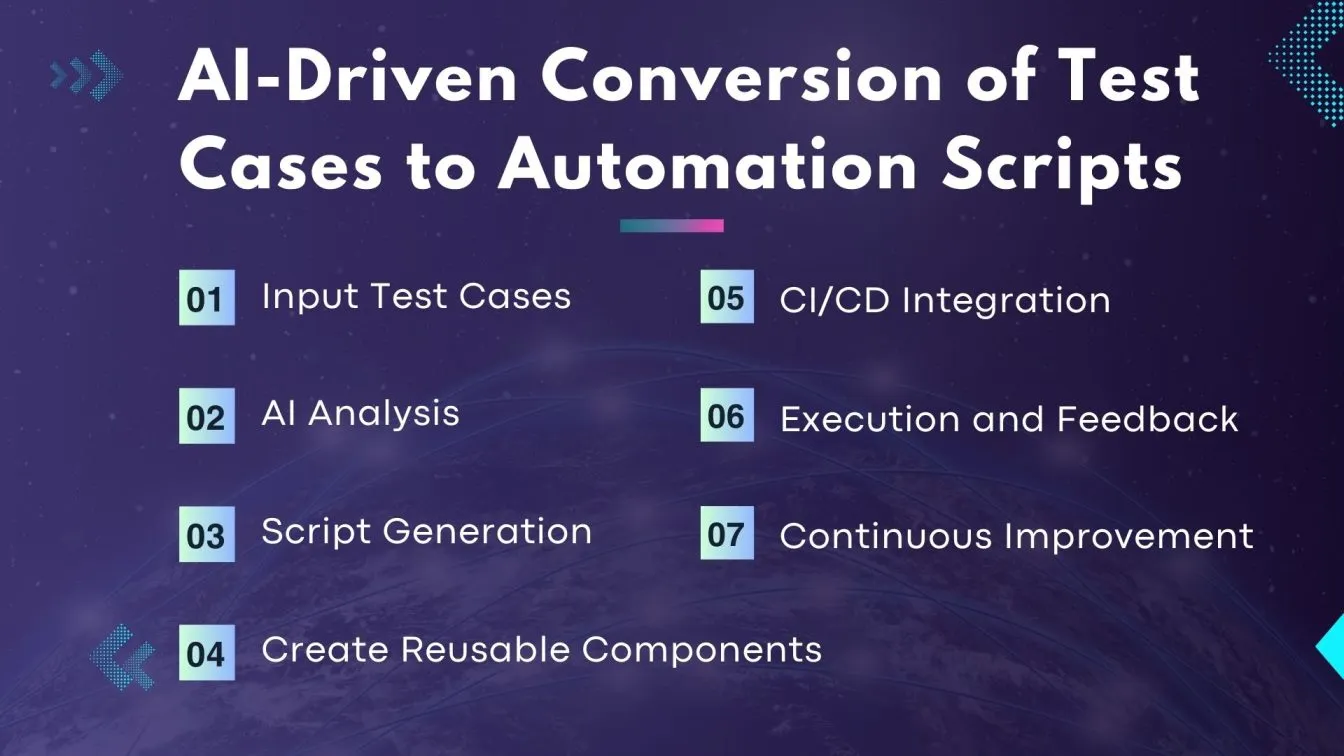
For example, suppose an AI tool auto-generates a set of test cases for a shopping app’s login functionality. After analyzing the test cases, the AI automatically creates scripts that can be executed to test scenarios like correct login or incorrect password inputs. If the login page’s design changes, AI can detect the changes and update the script accordingly, a feature known as self-healing scripts. This way, the manual automated software testing script maintenance burden is significantly reduced as the software evolves.
How AI adapts to changes:
- Self-Healing Mechanism: Suppose a UI element changes (like a button’s location on the page). The AI recognizes this change and automatically adjusts the script to reflect the new UI, eliminating the need for software quality assurance teams to manually update the script.
- Dynamic Adaptation: Beyond just identifying UI changes, AI can also adapt to varying screen resolutions, device types, and browser versions, providing more robust test scripts
Benefits of Automation Script Generation
Automating the generation of test scripts provides several advantages:
- Speed and Efficiency: AI can generate scripts in a fraction of the time it would take by manual effort. Complex scenarios that would typically require days to script can now be created in hours, boosting overall automated testing productivity.
- Consistency: AI-generated scripts follow a uniform structure, which ensures adherence to coding standards and best practices. This not only improves the quality of scripts but also makes them easier to review and maintain.
- Reduced Maintenance: As mentioned earlier, the self-healing capability of AI ensures that scripts automatically adapt to changes in the application under test, greatly minimizing the need for testers to revisit and update old scripts every time the software changes. This benefit is particularly impactful in projects following agile or CI/CD pipelines.
- Scalability: As applications grow in complexity, the number of test scripts required can balloon. AI-based automation can generate and manage thousands of scripts, making the process scalable to handle large enterprise-level projects.
- Cost Reduction: The acceleration in intelligent script generation coupled with lower maintenance costs reduces the need for large testing teams, leading to significant savings in labor costs.
🎯 Example: Let’s say you’re testing an e-commerce website that updates its product pages frequently. In a traditional testing setup, the Quality Assurance team would have to manually update scripts whenever a product page changes. With AI-driven software test automation, the scripts automatically detect changes to elements like the product name, price, or "add to cart" button and adjust accordingly.
Challenges in Script Generation
Although AI-powered script generation is revolutionary, it’s not without challenges:
- Complex Interactions: While AI can handle basic interactions easily, it may struggle with complex UI elements such as dynamic menus or custom-built components. These elements may require additional training for the AI system or manual intervention from human testers to ensure accurate scripts.
- Performance Optimization: Generated scripts, while functional, may not always be the most optimized for performance. They might run slower or take longer to complete due to inefficiencies in the generated code. Testers may need to review and fine-tune these scripts to improve execution speed.
- Initial Setup: Implementing AI for script generation requires an initial setup phase, including training the AI on the application and integrating the AI tools with the existing software test automation frameworks. This can be resource-intensive in the beginning but pays off in the long run.
- Handling Edge Cases: AI might miss edge cases or highly specific scenarios, requiring human expertise to fill in the gaps. Ensuring comprehensive coverage remains a challenge when relying solely on AI for script generation.
AI for Test Results Analysis
Artificial intelligence’s role doesn’t end with test case generation and automation; it also plays a significant part in analyzing test results. AI-driven test results analysis enables real-time intelligent insights into test execution and can predict potential failures.
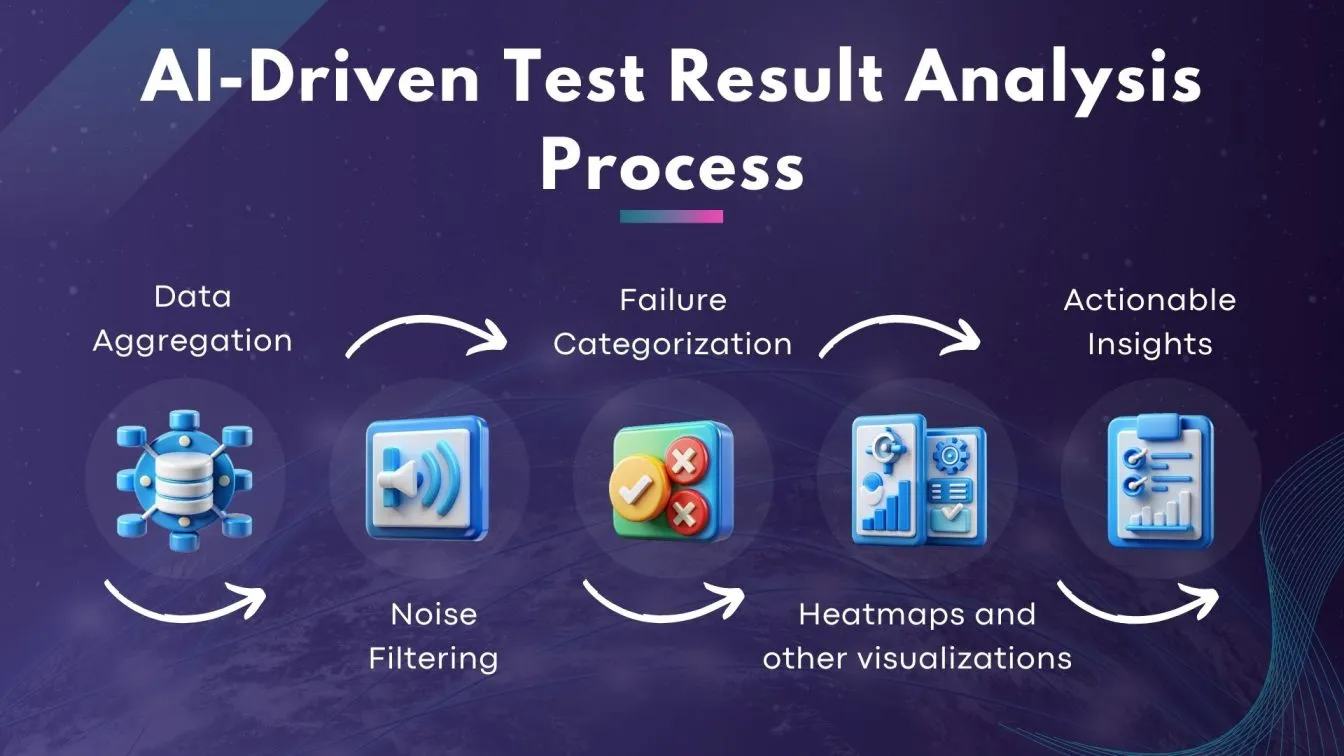
Real-Time Monitoring of Test Execution
📊 AI-powered tools offer real-time insights into intelligent test execution, flagging potential failures, anomalies, and bottlenecks. This allows for immediate response and minimizes manual log analysis, giving developers actionable data as tests are running. AI helps identify key areas needing attention without delay, improving overall efficiency.
Here’s how AI benefits real-time test monitoring:
- ⚡ Immediate failure alerts: Detects and reports test failures instantly.
- 🧐 Anomaly detection: Identifies unusual patterns during execution.
- 💡 Data-driven insights: Provides data for quick troubleshooting.
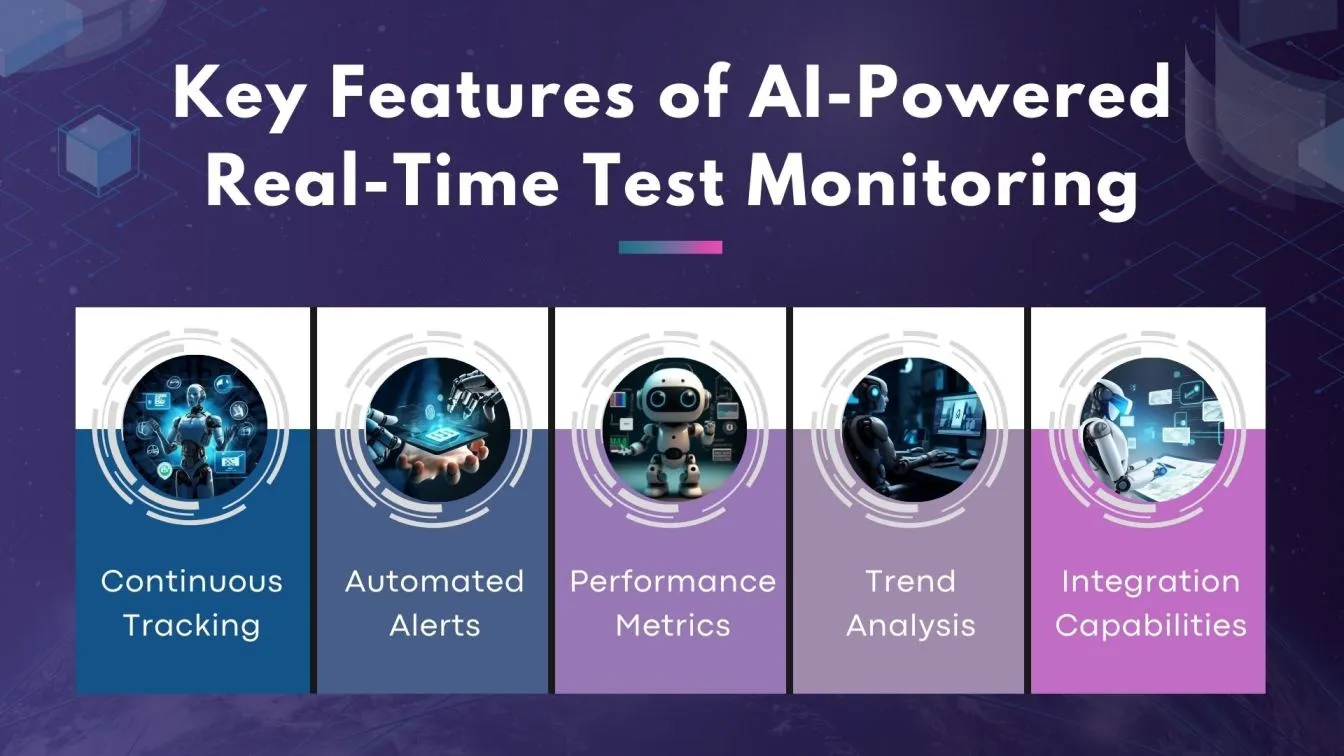
Benefits of AI-Driven Test Results Analysis
AI significantly enhances test result analysis by automating key tasks. Here are some of the notable benefits:
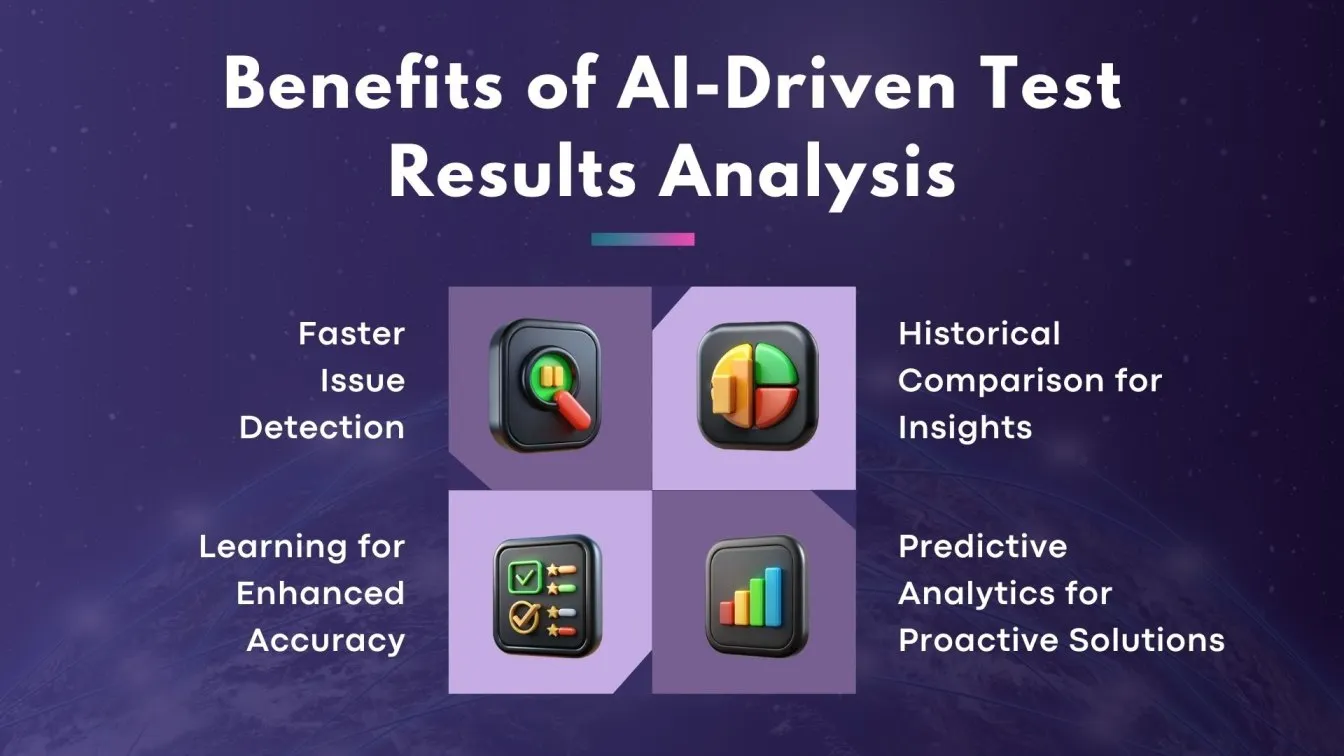
- 🚀 Faster Issue Detection: AI's pattern recognition enables it to spot bugs and failures quickly, often within seconds. This drastically reduces the time it takes to identify defects and results in faster resolution.
- 📈 Historical Comparison: AI can review test results alongside historical data, identifying patterns that might predict future failures. For instance, if a particular set of functions caused problems in past releases, AI would highlight those areas in the current round of testing lifecycle.
- 🤖 Adaptive Learning: AI improves over time. As it analyzes more tests, it learns from patterns and refines its detection algorithms, making it even more effective in future test cycles.
- 🔮 Predictive Analytics: AI predicts potential failures before they happen, based on past behavior and current trends. This enables teams to fix issues before they even occur, improving overall software quality.
🔍 With AI-driven test result analysis, teams can get a clear understanding of how their software is performing in real-time and predict potential issues before they impact user experience and user satisfaction.
Best Practices for Integrating AI in Software Testing
Successfully integrating AI for software testing requires careful consideration and strategic implementation:
- 🛠️ Start Small: It's best to begin by introducing AI for tasks like test case generation or defect prediction before expanding its role. This helps teams adjust without overwhelming the existing process.
- 📊 Focus on Data: AI is only as effective as the data it learns from. Ensure you have high-quality, clean, and relevant data to train models accurately. This ensures the AI provides comprehensive insights.
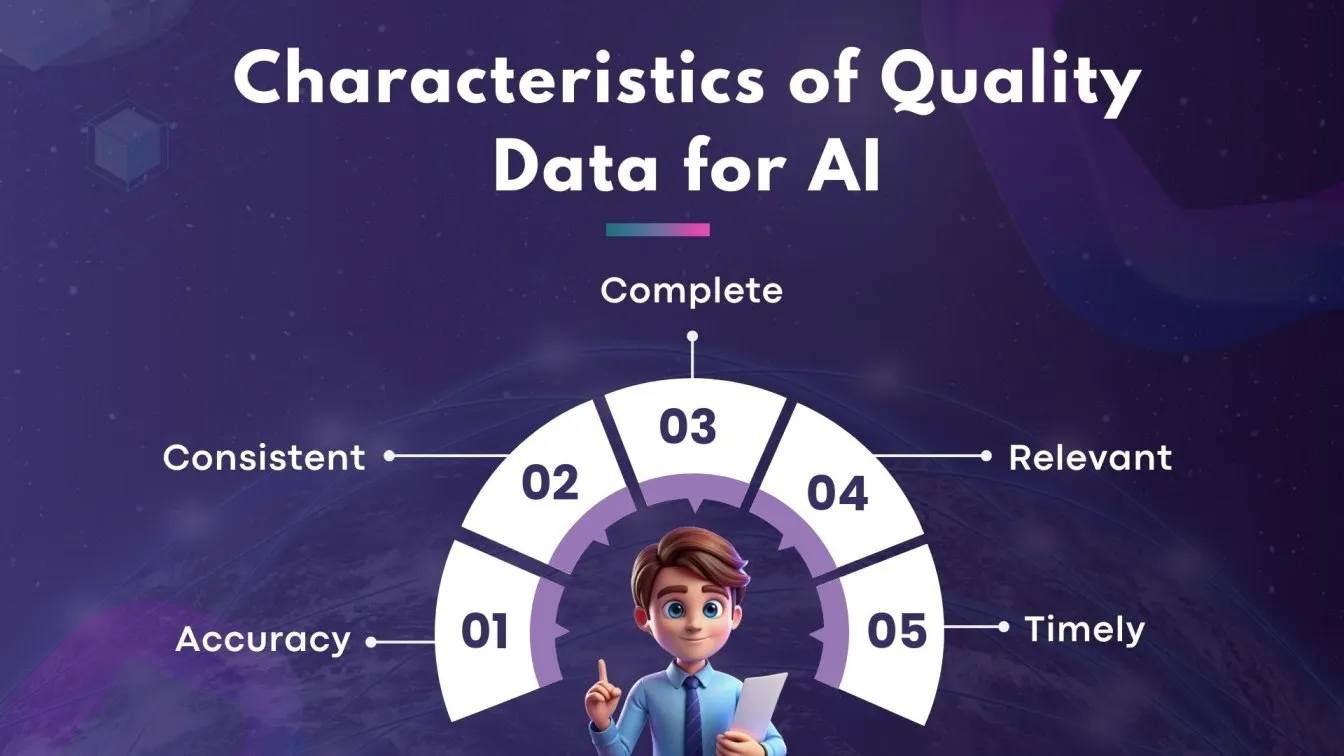
- 🔄 Create a Feedback Loop: Continuously monitor AI-generated results and update models regularly. Over time, AI adapts based on new testing results, continuously improving and reducing errors.
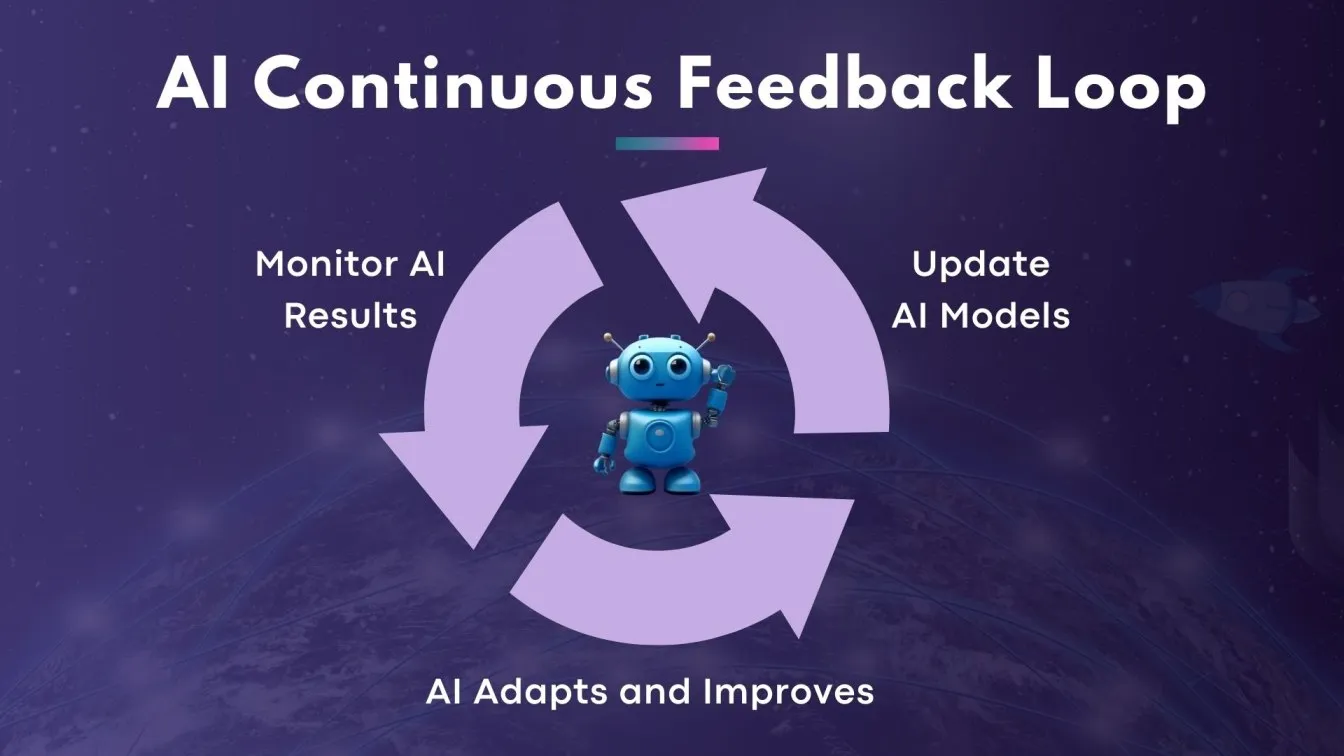
Additionally, integrating AI into testing should involve regular training for human testers, ensuring they can interact with the AI tools efficiently and interpret results effectively.
Challenges in Implementing AI in Testing Frameworks
Though AI offers a multitude of benefits, some challenges exist when implementing it within a software testing framework:
- 💸 High Initial Cost: Acquiring AI tools, setting up infrastructure, and training staff can require a large upfront investment. However, these costs typically reduce over time with streamlined processes and faster testing cycles.
- 📚 Learning Curve: Software Testers must learn to leverage AI tools, which can take time. The transition requires patience, especially for teams used to manual methods.
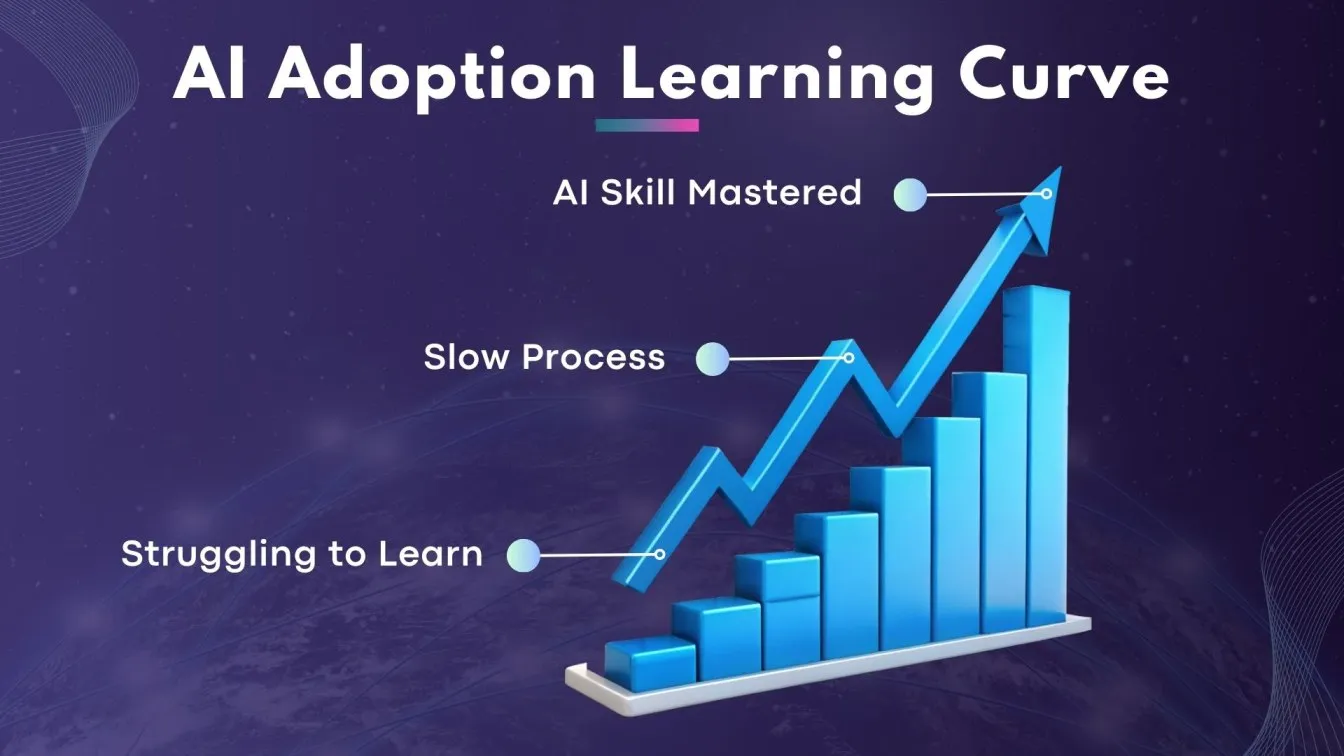
- 🔧 Adaptability Issues: AI models need to stay relevant as the software evolves. Frequent updates to algorithms and training data are necessary, requiring additional effort from teams to keep the AI tools efficient.
Despite these challenges, many organizations find that the long-term benefits outweigh the initial hurdles, especially when processes are adjusted iteratively.
The Future of AI in Software Test Generation
Generative AI is reshaping software testing, and its future holds significant promise. Here are some anticipated advancements:
- 🏗️ Increased Automation: AI will take over even more manual testing tasks. In addition to generating test cases, it will expand its role in automating regression tests, performance tests, and stress tests.
- 🔍 Predictive Analytics: AI predictive analytics will play a more prominent role in bug detection. These tools will not only identify current issues but will predict future bugs based on historical data, offering proactive AI-driven testing solutions before problems occur.
- 🔄 Self-Healing Automation: AI will be able to self-heal automation frameworks. When a test case fails due to minor UI changes or coding updates, AI will adapt the test scripts automatically. This ensures smoother integration with continuous integration and continuous deployment pipelines, drastically reducing maintenance efforts.
As AI continues to evolve, testing frameworks will rely more on its capabilities, making test generation and maintenance faster, more accurate, and highly scalable. This will ultimately improve product quality, ensure efficient execution and predictive maintenance, reduce potential risks, and have a faster time to market.
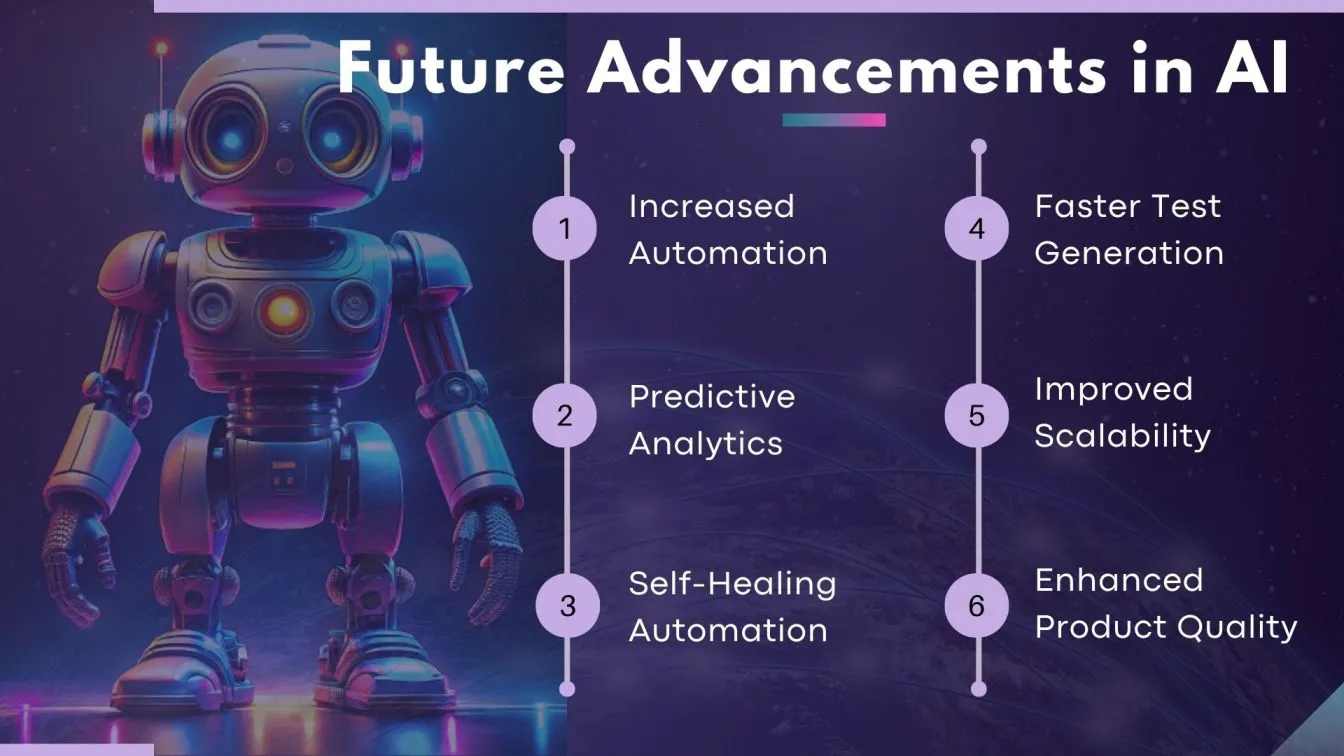
Conclusion
AI integration in software testing is not just a trend but a transformative shift. From generating test cases and automation scripts to analyzing test results, AI enhances speed, accuracy, and scalability. While challenges such as setup complexity and adaptability exist, the long-term benefits, including predictive analytics and self-healing automation, make AI indispensable for future testing frameworks. As software evolves, AI will continue to play a critical role, driving more efficient, reliable, and comprehensive testing processes that ultimately improve product quality.
Incorporating Artificial Intelligence (AI) into the software testing process revolutionizes regression testing and automated testing by enhancing efficiency and precision. AI-powered tools enable continuous testing and can handle complex testing scenarios that traditional methods struggle to cover. They allow testers to focus on strategic tasks and exploratory testing by automating repetitive checks and leveraging visual testing for better accuracy. Cloud-based solutions provide scalable support for AI-powered testing tools, ensuring comprehensive test coverage. While human intelligence remains essential for nuanced decision-making, the integration of AI complements human expertise, making the software testing process more robust and adaptive.
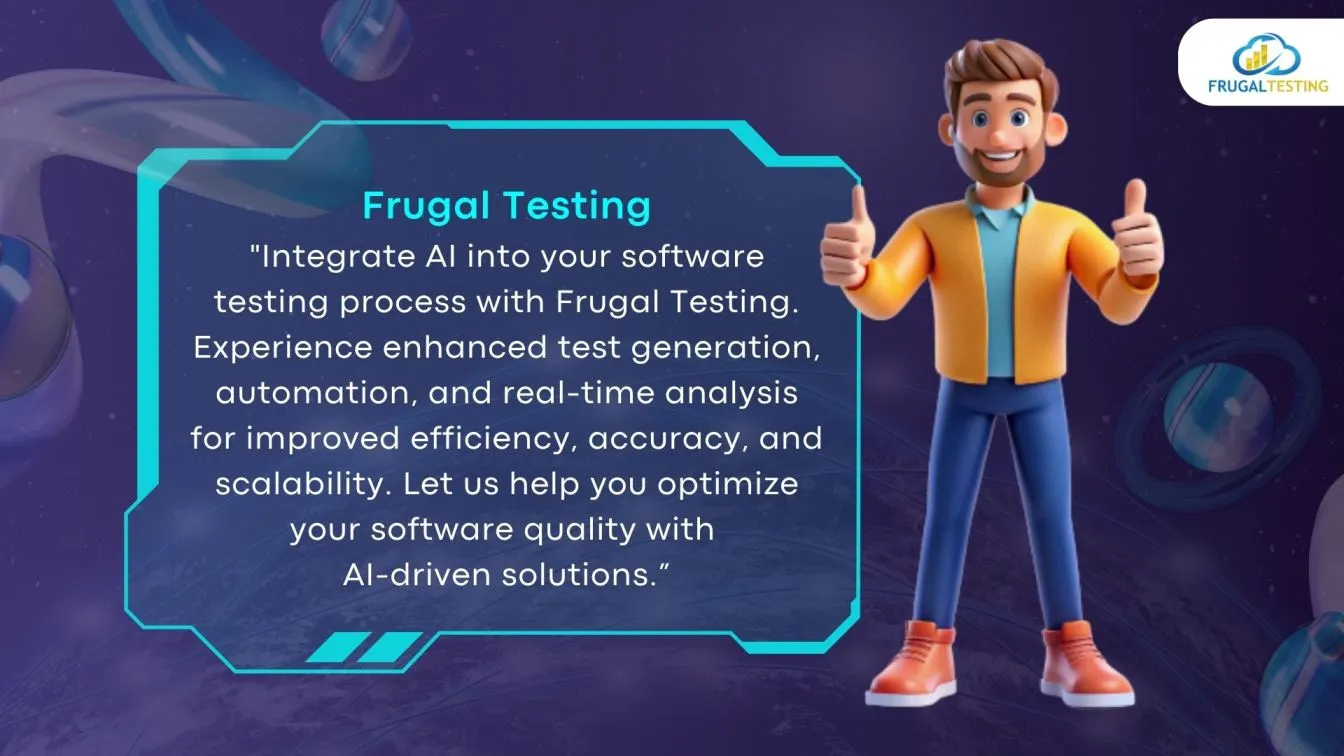
People also asked
👉How does natural language processing enhance AI-driven test automation?
Natural language processing helps convert user stories into automated test cases, reducing manual errors and simplifying test creation. This enhances testing efficiency by minimizing human intervention and improving test coverage.
👉How does AI-driven automation shape testing strategies?
AI-driven automation refines testing strategies by predicting potential defects and generating intelligent tests based on user behavior and user stories. This leads to a more data-driven, efficient, and targeted approach to testing.
👉How does AI help in analyzing user behavior for better testing?
AI leverages machine learning to analyze user behavior, identifying patterns that help simulate real-world interactions. This insight-driven approach improves test accuracy, uncovers potential defects, and boosts test relevance.
👉How can AI reduce manual errors in software testing?
AI-driven test automation significantly reduces manual errors by automating repetitive tasks. It also ensures higher accuracy, enhances overall testing quality, and accelerates processes across the software testing industry.
👉How does AI provide valuable insights to improve the testing process?
AI delivers actionable insights on application performance and user behavior through data analysis. These insights help testers optimize their testing strategy, improve efficiency, and identify areas needing enhancement for better results.



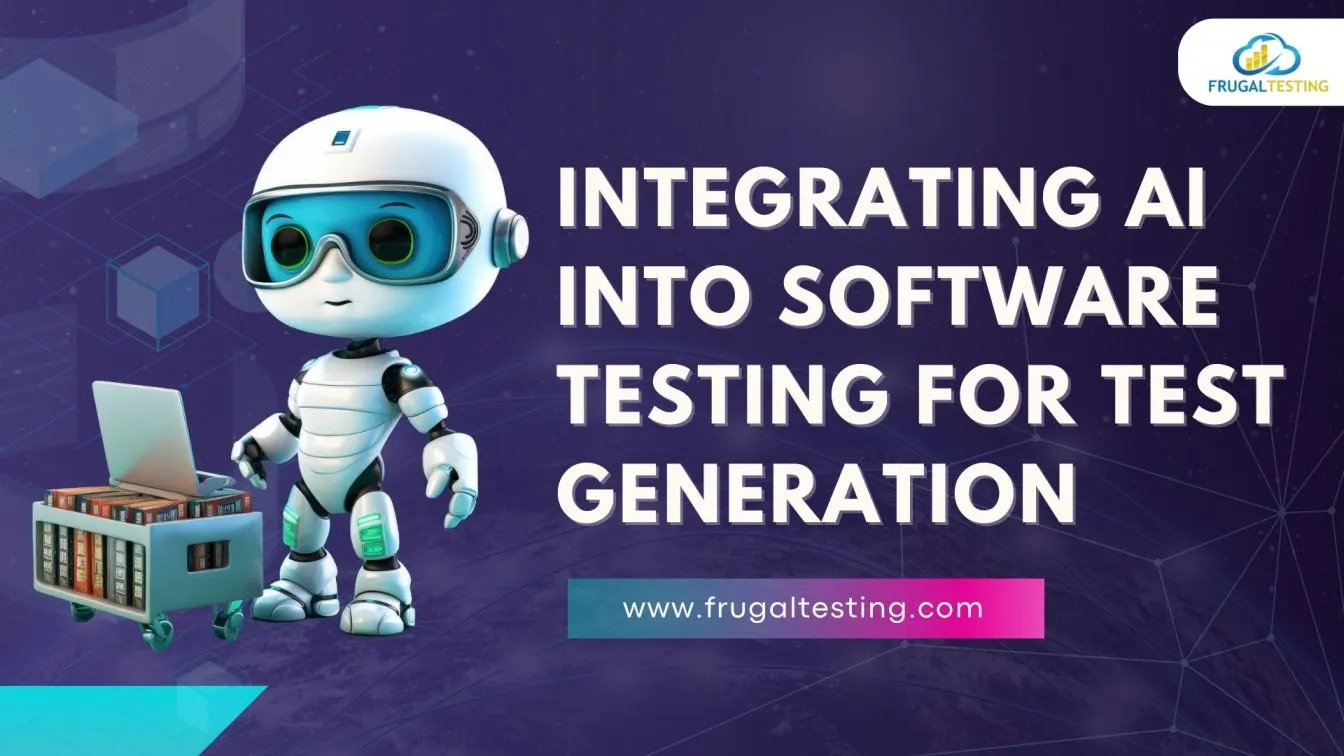

%201.webp)
